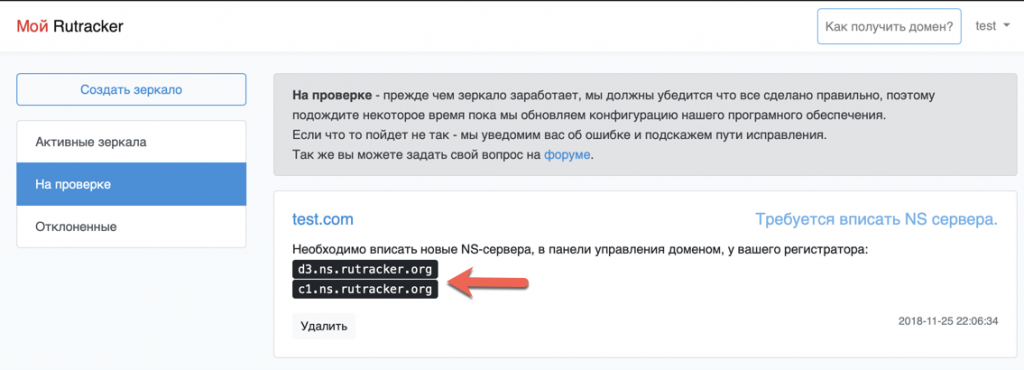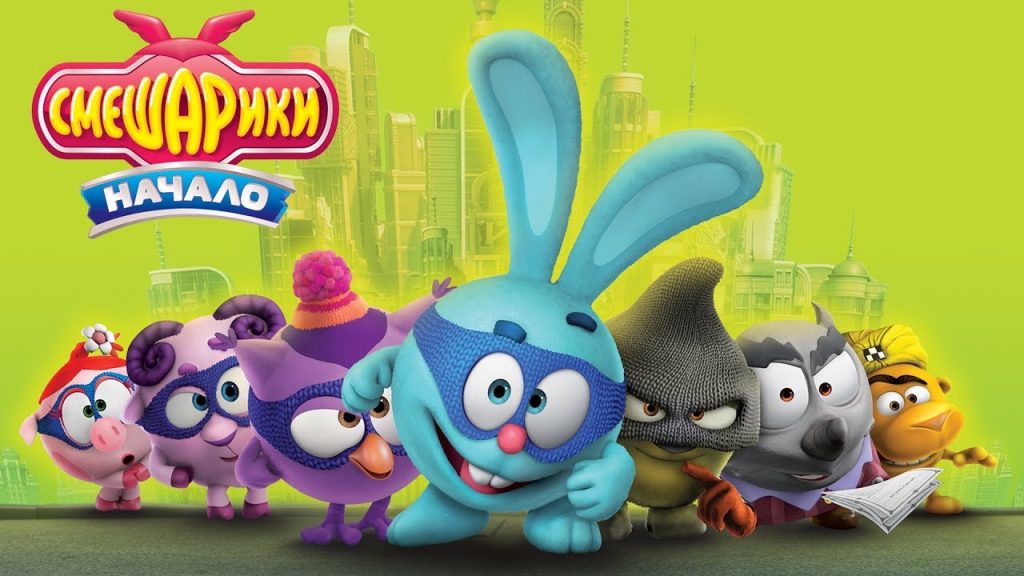Russian federal antitrust service has drafted and published for public discussion the procedure providing compulsory licensing in medical industry. Actually the heading of procedure shows that the potential appliance of this procedure can go much beyond of medicine. “On procedure to make decision in the interests of defense and security, including gin order to protect citizens’ live and health, to exploit invention, utility model or industrial design without right holder’s consent and with payment to right holder respective remuneration”.
Comments closed

